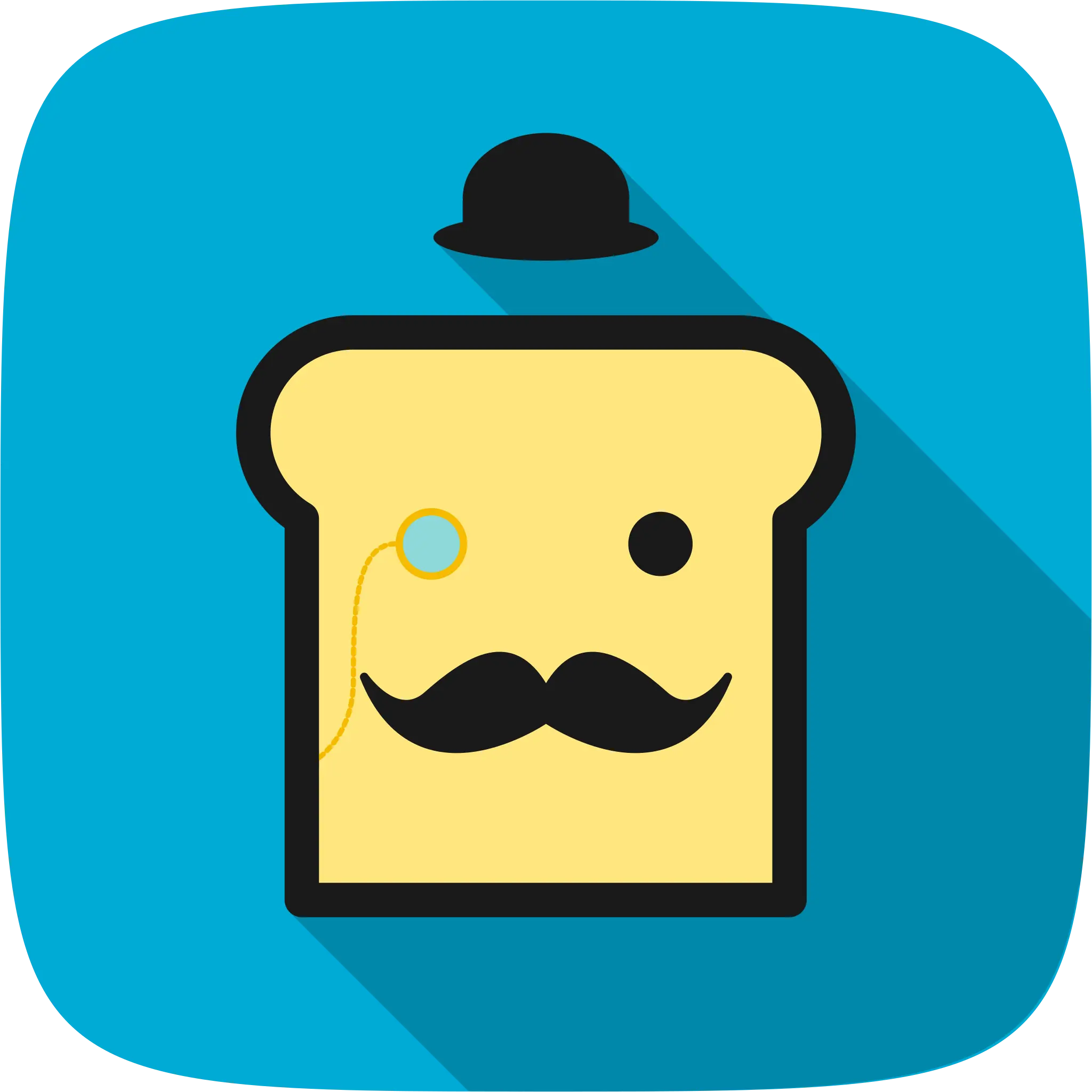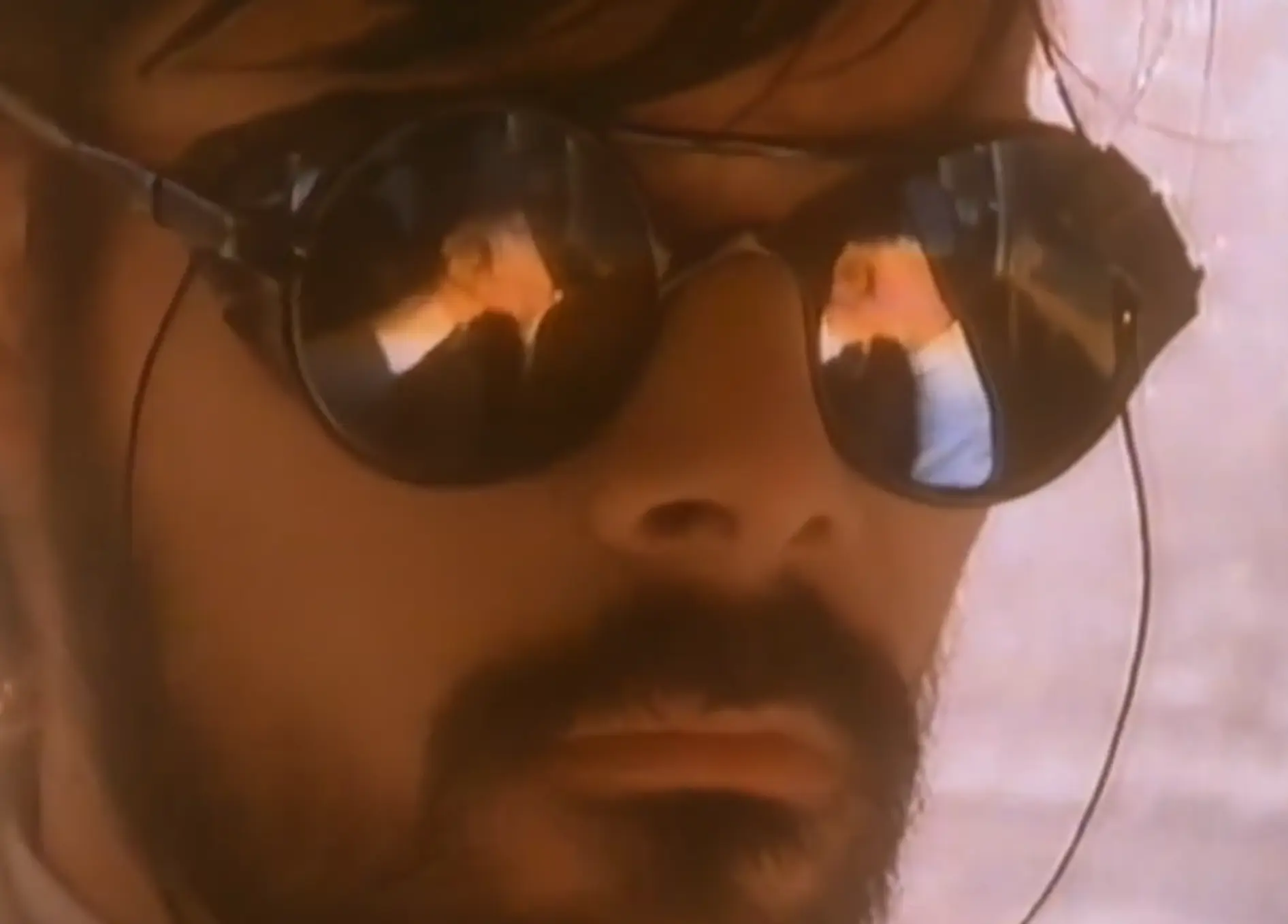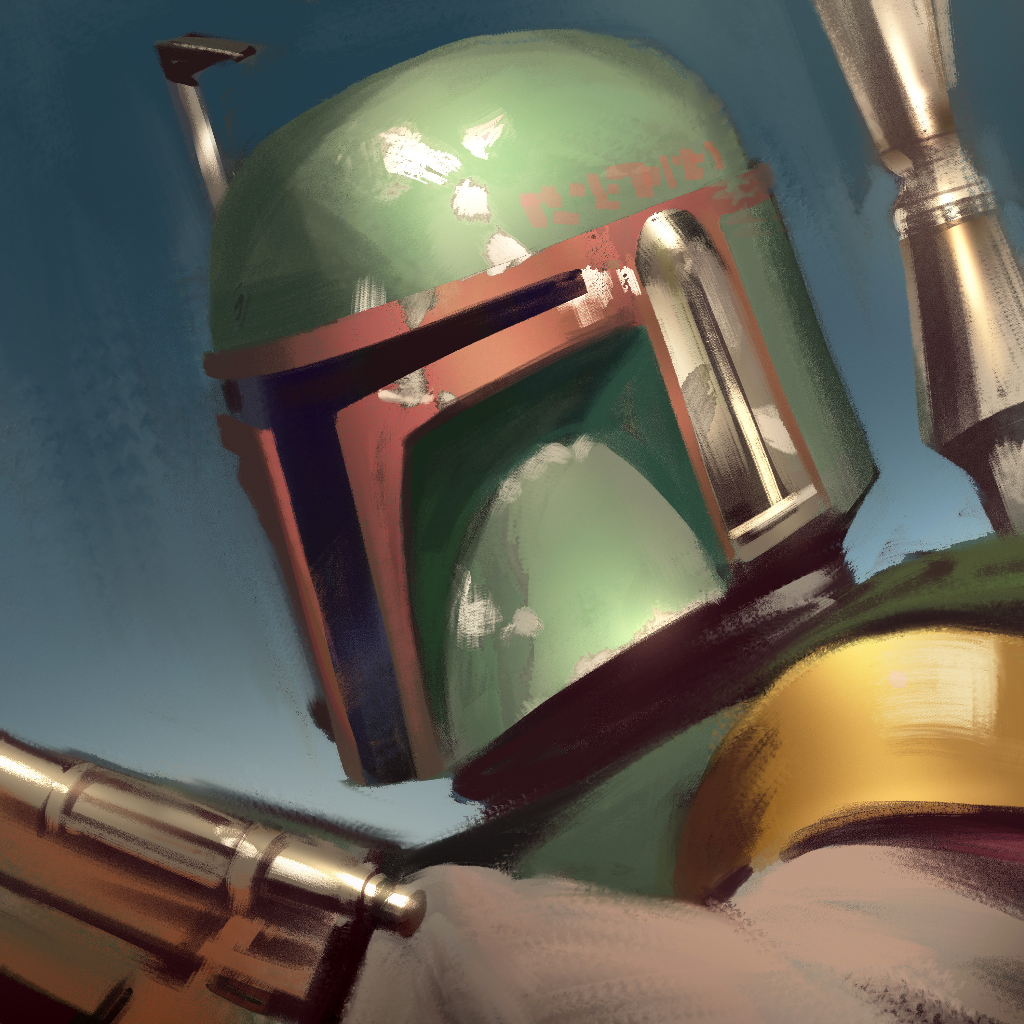More open hardware and firmware for sure.
Stuff like Fairphone and Framework are nice steps forward, but those ideals could be expanded to a lot of other electronics, like house appliances.
More open hardware and more community-driven repair hubs would go a long way to help reduce consumer electronics waste and actually help people save money.
But alas, those efforts will always be swimming against a very strong current.Have you seen this
I have not, thank you for sharing! Looks hella cool and promising :D
More hardware.
Repairable customizable car platform. Something that could be configured with many features and repowered as technology improves. There’s no reason a well built car couldn’t last 100 years.
PRINTER!! Everyone hates them. If you could just 3D print updates to make it better the collective offices of the world would sigh in relief.
Fitness band! Many governmental health organization recommend using an Apple watch because it’s “the best thing out there” and it kills me
Right ! I did not even think of health material and there is so much work to do there !
Like an open glucose captor would be so great
I would like to see a unified and federated approach to the community-driven Wikipedia-like index (list) of information like old-good yellow pages that could compete with search engines. There are “awesome”-lists, ArchLinux list of applications, some Wikipedia lists, etc. All of them are pure gold, but are inoperable with each other and obscure. I would like to see something like a dedicated browser or a webpage showing standardized lists of items with only minimal data: name, description, some types, link to the official website, link to Wikipedia (or whatever).
For example, if I type in “Debian”, it shows me that it is a Linux distribution. It is community based, the newest stable version is “11.x”. For more information, see “https://debian.org” or “https://en.wikipedia.org/wiki/Debian”. Then it offers some related lists, like a “list of Debian-based distributions”, etc.
Of course, federation is a necessity if we are talking about the open and diverse web. One server hosts lists of anime & manga, another one hosts a list of cafeterias in a specific region. Plus, in case of failure, these lists could be mirrored by other websites.
I guess, such a project would make the information more accessible, no more filter bubbles. Also, infrastructure costs would be reduced (no need for a crawling and creating snapshots for every single webpage).
EDIT: *standardized
FOSS alternative to OneNote. Proper Note-book system with free-form typing and pen support.
Well there is trilium but it doesn’t have all of the OneNote features but you can help contributing to it.
trilium is pretty great!
Free software and activity pub with matrix enabled federated dating platform
how would you distinguish general purpolse micro-blogging softwares with dating ones? what would be different in their UI/UX and federation?
Dating software helps you search among a bunch of people those that match your set of filters, and also tells you when you and the other person like each other.
Ideally I would federate between instances and create internally a matrix account for everyone so that communications between matched ones are out of the reach of even the sys admins for privacy.
A mind map tool for android.
There is a good non-FOSS app on the play store, Simplemind, which was tracker-free, required no internet connection and also had a healthy privacy policy. Sadly it stopped working because I don’t have google play services on my phone and it doesn’t let me through the license wall. Smh.
Full featured small compiler. Small like tcc and fully supported like gcc. Basically, remove unnecessary featured of gcc.
What features do you consider unnecessary?
It’s man page is 23000 lines long, there can be fewer lines there.








